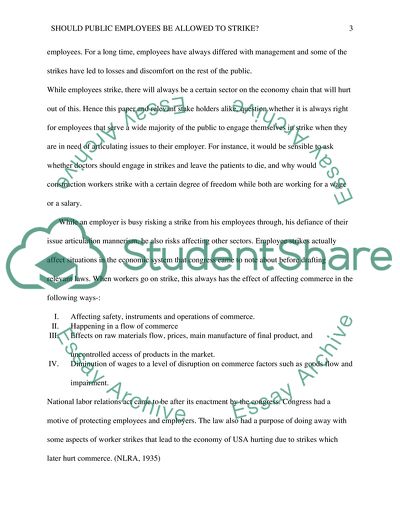Cite this document
(Should Public Employees Be Allowed To Strike Essay, n.d.)
Should Public Employees Be Allowed To Strike Essay. https://studentshare.org/management/1810359-should-public-employees-be-allowed-to-strike
Should Public Employees Be Allowed To Strike Essay. https://studentshare.org/management/1810359-should-public-employees-be-allowed-to-strike
(Should Public Employees Be Allowed To Strike Essay)
Should Public Employees Be Allowed To Strike Essay. https://studentshare.org/management/1810359-should-public-employees-be-allowed-to-strike.
Should Public Employees Be Allowed To Strike Essay. https://studentshare.org/management/1810359-should-public-employees-be-allowed-to-strike.
“Should Public Employees Be Allowed To Strike Essay”. https://studentshare.org/management/1810359-should-public-employees-be-allowed-to-strike.


